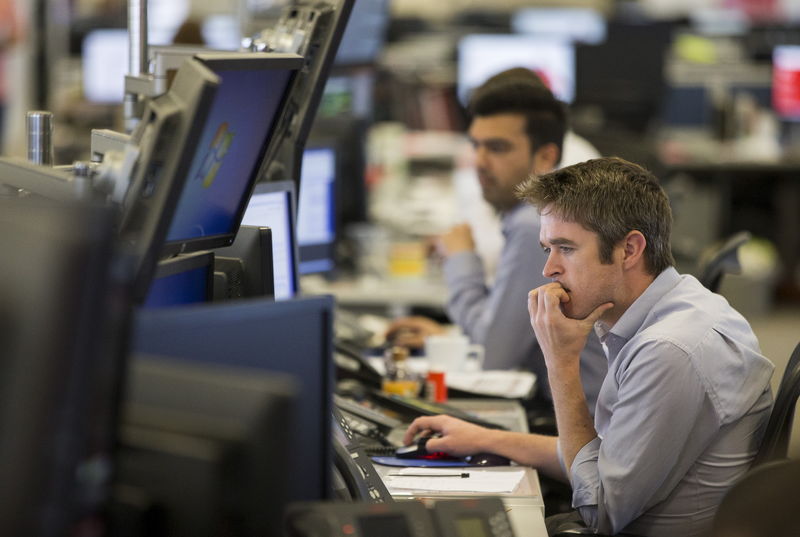© Reuters. FILE PHOTO: Sergei Naryshkin, head of Russia’s foreign intelligence agency, attends a military parade on Victory Day, which marks the 76th anniversary of the victory over Nazi Germany in World War Two, in Red Square in central Moscow, Russia May 9, 2021
(Reuters) -Russia’s top spy said on Friday that Moscow had materials which indicated the West had a role in ruptures to the undersea Nord Stream pipelines that have threatened to put them permanently out of use, Russian news agencies reported.
“We have materials that point to a Western trace in the organisation and implementation of these terrorist acts,” the Interfax news agency quoted Sergei Naryshkin, head of Russia’s foreign intelligence service, as saying on Friday.
Naryshkin’s remarks are the most direct accusation against the West from a senior Russian official. He did not say what evidence Russia had.
President Vladimir Putin on Thursday said the “unprecedented sabotage” against the Nord Stream gas pipelines was “an act of international terrorism.”
The European Union is investigating the cause of the leaks in the Gazprom-led Nord Stream 1 and 2 pipelines and has said it suspects sabotage was behind the damage off the coasts of Denmark and Sweden.
Sweden’s energy minister said on Friday it was “very likely” that the attack on the pipelines was done on purpose by a state actor.
Since the ruptures were first detected earlier this week, officials in Moscow have hinted that the West, led by the U.S., could be behind the attack. On Thursday, Russia’s Foreign Ministry Spokeswoman Maria Zakharova said Washington stood to gain from the pipelines being disrupted.
Neither Nord Stream 1 or 2 were in operation when the ruptures were discovered on Monday, but both contained gas. Nord Stream AG, the operator for the Nord Stream 1 pipeline said it expects the gas leak to stop by Monday, but that it has not been able to access the area to assess the damage.
Image and article originally from www.investing.com. Read the original article here.

